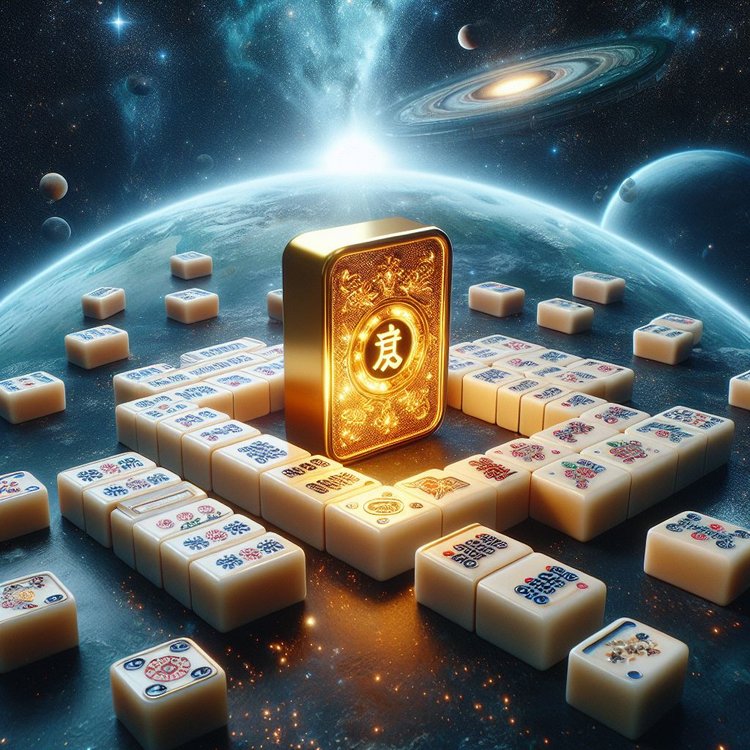Gaming: From Subculture to Mainstream Phenomenon
In the last few decades, gaming has undergone a profound transformation. Once considered a niche hobby for a select group of enthusiasts, it has now Slot mahjong ways emerged as a mainstream cultural phenomenon with a global reach. This evolution has been fueled by advancements in technology, changes in societal attitudes, and the emergence of new platforms and business models. 
The Rise of Gaming Culture
Gaming culture has its roots in the arcades of the 1970s and 1980s, where players gathered to compete for high scores on games like Pac-Man and Space Invaders. These early arcade games laid the foundation for what would become a multi-billion-dollar industry.
The advent of home gaming consoles like the Atari 2600 and the Nintendo Entertainment System (NES) brought gaming into the living rooms of millions of households. As technology improved, so did the sophistication of games, leading to the rise of iconic franchises like Super Mario, The Legend of Zelda, and Final Fantasy.
Technological Advancements
The gaming industry has always been at the forefront of technological innovation. From the transition to 3D graphics in the 1990s to the rise of online multiplayer gaming in the 2000s, developers have constantly pushed the boundaries of what is possible.
The emergence of powerful gaming consoles like the PlayStation, Xbox, and Nintendo Switch, coupled with the widespread availability of high-speed internet, has enabled immersive gaming experiences that were once unimaginable. Virtual reality (VR) and augmented reality (AR) technologies have added another dimension to gaming, allowing players to step into virtual worlds and interact with them in entirely new ways.
Gaming Goes Mainstream
Perhaps the most significant development in recent years has been the mainstreaming of gaming culture. No longer relegated to the fringes of society, gaming now occupies a central place in popular culture.
Esports, or competitive gaming, has exploded in popularity, with millions of viewers tuning in to watch professional gamers compete in tournaments around the world. Games like League of Legends, Dota 2, and Fortnite have become global phenomena, attracting massive audiences and lucrative sponsorships.
Furthermore, the rise of livestreaming platforms like Twitch and YouTube Gaming has made it easier than ever for gamers to share their gameplay experiences with others. This has led to the emergence of a new breed of internet celebrities known as “streamers,” who attract millions of followers and earn substantial incomes through sponsorships and donations.
The Future of Gaming
As we look ahead, it’s clear that gaming will continue to evolve and innovate. Emerging technologies like cloud gaming, artificial intelligence, and blockchain are poised to revolutionize the industry once again, opening up new possibilities for developers and players alike.
Moreover, gaming is becoming increasingly intertwined with other forms of entertainment, such as film, music, and sports. Cross-platform collaborations and multimedia franchises are becoming more common, blurring the lines between different forms of media.
In conclusion, gaming has come a long way since its humble beginnings, evolving from a subculture into a mainstream phenomenon that touches nearly every aspect of our lives. As